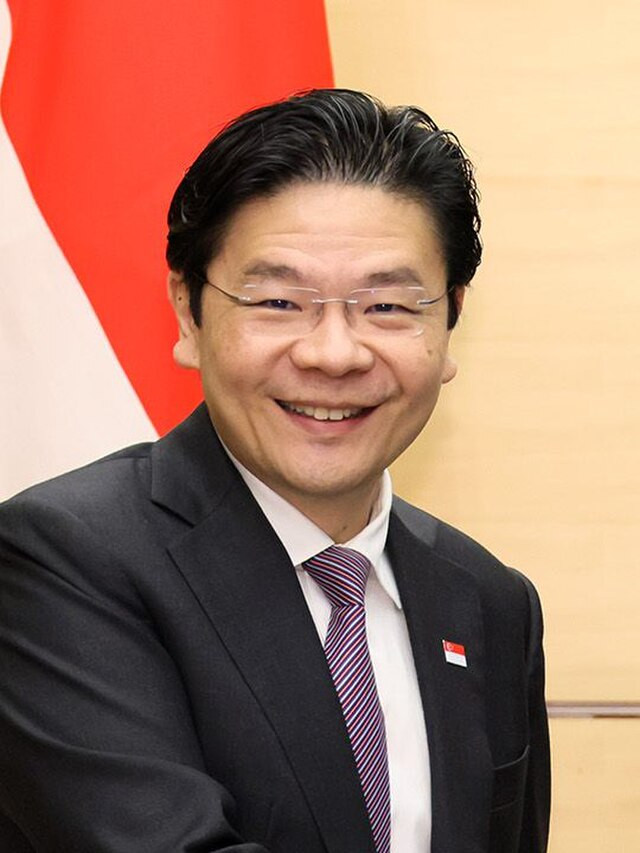Singapore has ushered in a new era of leadership with the inauguration of Lawrence Wong as the city-state's fourth prime minister. Wong, who takes over from Lee Hsien Loong, marks the first leadership change in two decades. The transition comes as part of a carefully orchestrated succession plan aimed at ensuring continuity and stability in the Southeast Asian financial hub.
Prime Minister Wong's new cabinet, announced earlier this week, includes notable appointments designed to maintain the momentum of the current administration. Trade and Industry Minister Gan Kim Yong has been promoted to Deputy Prime Minister and will work alongside existing Deputy Prime Minister Heng Swee Keat. "I have known both Kim Yong and Swee Keat for many years. I value their advice and counsel," Wong remarked earlier this week.
In addition to his new role, Gan will take over as chairman of the Monetary Authority of Singapore, the country's central bank and financial regulator. Wong, who has been a prominent figure in Singapore's civil service for 15 years before entering politics in 2011, expressed his commitment to public service, stating, "This is my calling. I decided that being in public service is what I would like to do."
Wong's political prominence surged during the Covid-19 pandemic, where he played a pivotal role in navigating the crisis alongside Gan and Health Minister Ong Ye Kung. He will retain his current post as Finance Minister, signaling a commitment to fiscal continuity.
Lee Hsien Loong, who announced his intention to step down last month, will stay on as a senior minister in Wong's cabinet. Lee, the eldest son of Singapore's founding Prime Minister Lee Kuan Yew, has been a stabilizing force for Singapore through significant events such as the 2008 global financial crisis and the Covid-19 pandemic. "You have to be your own person. You have to make the decisions. You have to lead in your own way, persuade people in your own way but I will give you the benefit of my experience and my views," Lee advised Wong in his final interview as prime minister.
The political transition has been in the making for several years. In April 2022, Wong was chosen as the leader of the ruling People's Action Party's fourth-generation leadership, setting the stage for his succession. He was appointed Deputy Prime Minister in June 2022, a role he held concurrently with his finance portfolio.
Wong, 51, is the first Singaporean leader born after the country's independence in 1965. His ascent to the prime ministership is seen as a generational shift in leadership, yet his approach is expected to emphasize continuity rather than radical change. "Continuity and stability are key considerations, especially as we are approaching the end of this term of government," Wong has said.
Despite the expected continuity, Wong is also known for his openness to new ideas. Irvin Seah, head of DBS Bank's Asia Insights Office, noted that Wong is receptive to diverse opinions and does not surround himself with "yes men." This pragmatic approach is likely to be crucial as Wong navigates the complex geopolitical landscape and internal party dynamics.
Wong's tenure will undoubtedly be tested by external challenges, particularly the growing rivalry between the United States and China. Managing this geopolitical tension, alongside maintaining Singapore's economic stability and addressing domestic issues such as the skilled labor shortage, will be significant tasks for Wong's administration.




